By Matt Sheedy
This is part-two of a two-part response to Watts and Mosurinjohn’s essay “Can Critical Religion Play by Its Own Rules? Why There Must Be More Ways to Be ‘Critical’ in the Study of Religion,” which recently appeared in the Journal of the American Academy of Religion. See part 1 here.
Critique #3. The claim that ‘CR’ scholars set up a false dichotomy by upholding their own position as etic (i.e. as objective outsiders), while deeming others as emic (i.e. as subjective insiders) is based on a misinterpretation. Continuing with the example of colonialism that I outlined in Critique #2, Watts and Mosurinjohn claim, with reference to the work of McCutcheon: Continue reading “Critical Religion and the Critical Study of Religion: A Response to Galen Watts and Sharday Mosurinjohn, Part 2”

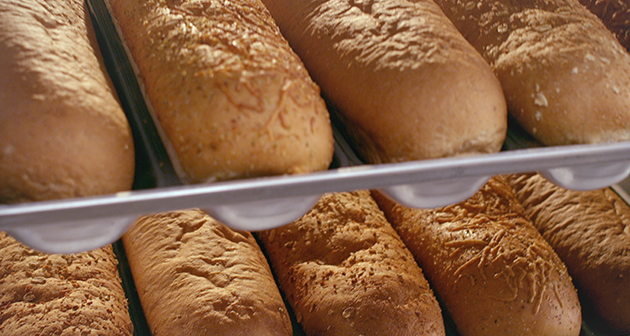
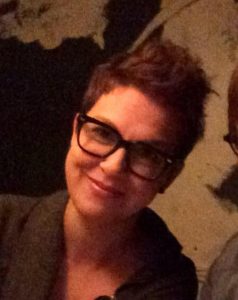 1. When people ask what you study, what do you tell them?
1. When people ask what you study, what do you tell them?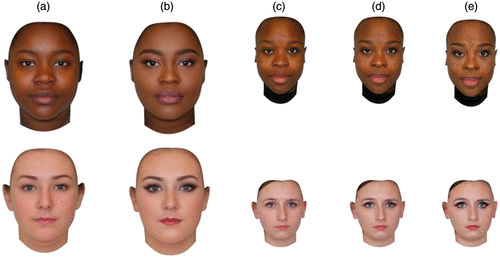
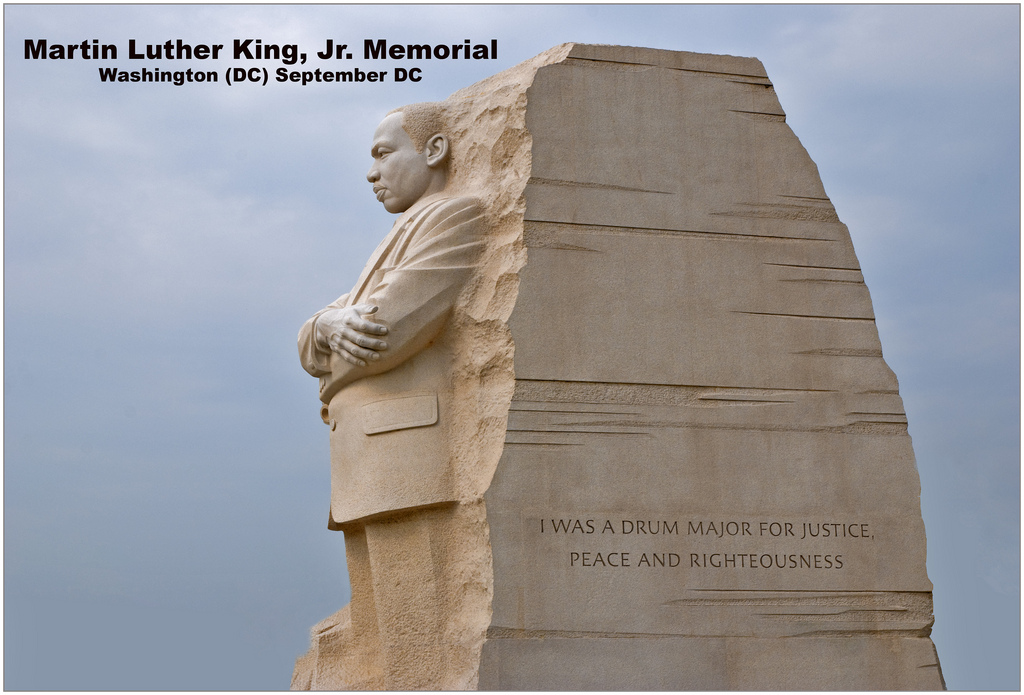
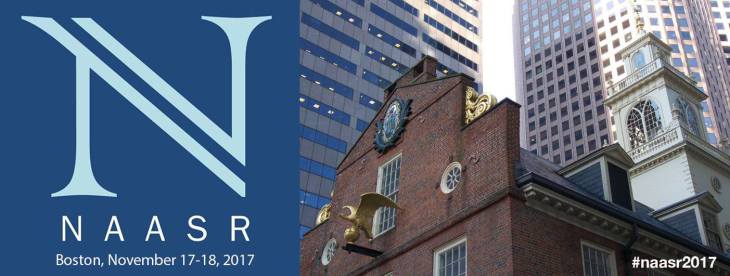 (Photo: The North American Association for the Study of Religion)
(Photo: The North American Association for the Study of Religion)
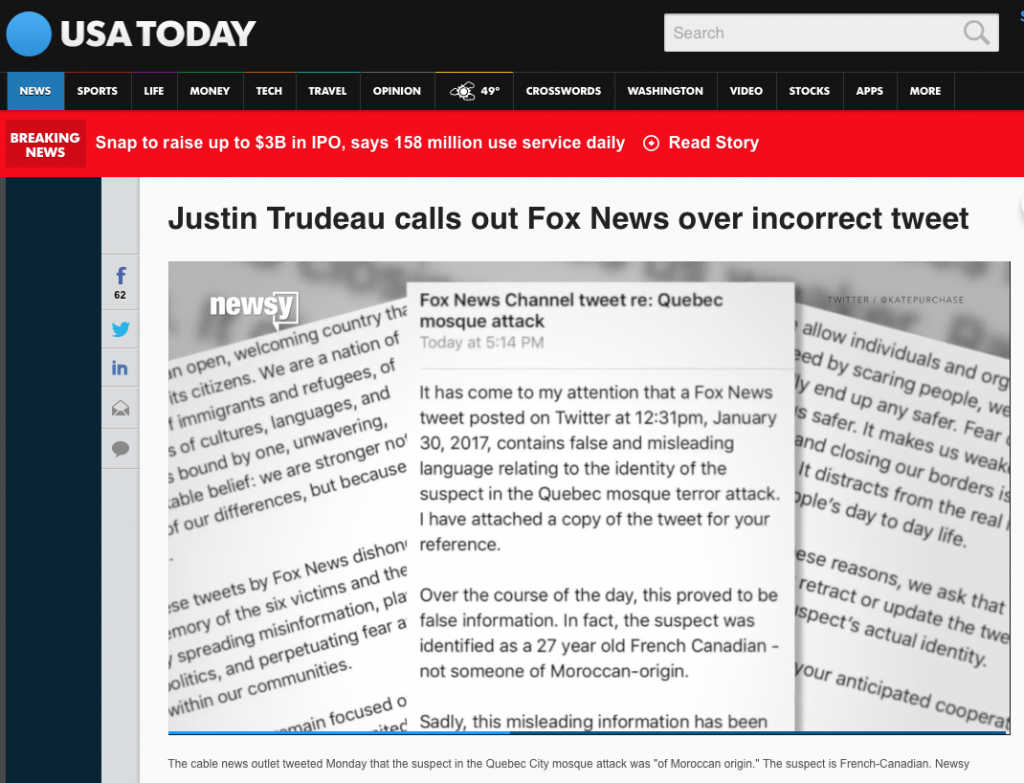
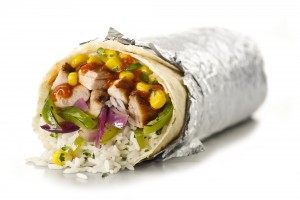
 Anyone who knows me knows that I walk my dog early each morning — lately I’m regularly going to a nearby park where, well, Izzy goes regularly as well. But every now and then I change it up a little — variety is the spice of life and all that — and so I park here and we walk there or park over there and then we walk here. Sometimes I park in one of the lots but other times I pull over off the small loop of a road and park on the grassy shoulder.
Anyone who knows me knows that I walk my dog early each morning — lately I’m regularly going to a nearby park where, well, Izzy goes regularly as well. But every now and then I change it up a little — variety is the spice of life and all that — and so I park here and we walk there or park over there and then we walk here. Sometimes I park in one of the lots but other times I pull over off the small loop of a road and park on the grassy shoulder.